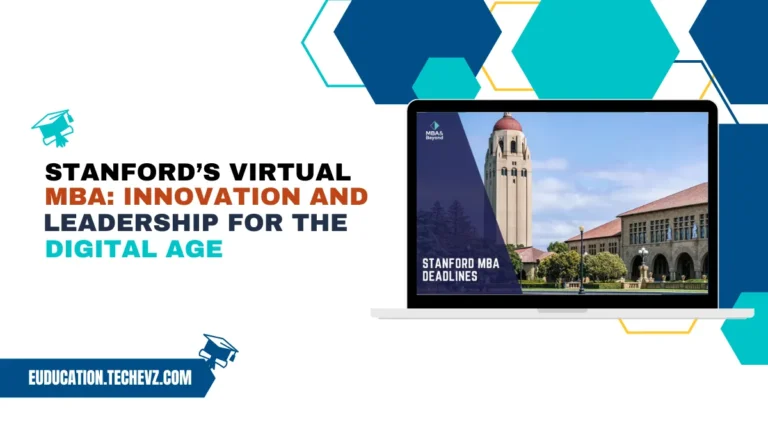Introduction
Landing a spot in a top MBA finance program or securing a role in corporate finance requires more than stellar grades—it demands exceptional interview skills. MBA finance interviews assess technical expertise, problem-solving abilities, and cultural fit. In this guide, we’ll walk you through proven tactics to excel, from mastering financial concepts to nailing case studies. Let’s dive into how you can prepare effectively and leave a lasting impression.
Understanding the MBA Finance Interview Landscape
MBA finance interviews are designed to evaluate both your technical knowledge and soft skills. Interviewers typically look for:
- Technical Proficiency: Understanding core concepts like valuation, financial statements, and market trends.
- Analytical Thinking: Solving case studies or real-world financial problems.
- Communication Skills: Articulating ideas clearly under pressure.
- Cultural Fit: Aligning with the program’s values or company’s mission.
Step 1: Master Core Financial Concepts
Refresh your knowledge of essential topics to build confidence:
- Financial Statements: Be ready to explain income statements, balance sheets, and cash flow statements.
- Valuation Methods: Understand DCF, comparables, and precedent transactions.
- Market Trends: Stay updated on mergers, IPOs, or regulatory changes.
Step 2: Practice Common MBA Finance Interview Questions
Prepare for these question types:
Technical Questions
- “Walk me through a discounted cash flow analysis.”
- “How would you assess a company’s liquidity?”
Behavioral Questions
- “Describe a time you led a team under tight deadlines.”
- “How do you handle conflicting priorities?”
Industry-Specific Questions
- “What’s your view on the current interest rate environment?”
- “Which fintech trends excite you most?”
Step 3: Conquer Case Studies & Problem-Solving
Case studies are critical in finance interviews. Follow this approach:
- Clarify the Objective: Ask questions to define the problem scope.
- Structure Your Analysis: Use frameworks like SWOT or Porter’s Five Forces.
- Quantify Insights: Back recommendations with data.
Example: A case might ask, “How would you value a startup with no revenue?” Highlight creative metrics like user growth or market size.
Step 4: Leverage Mock Interviews & Feedback
Simulate real interview conditions:
- Partner with peers or mentors for mock sessions.
- Record yourself to refine body language and tone.
- Seek feedback on technical depth and clarity.
Step 5: Ace the Interview Day
Dress Professionally: Opt for business formal attire.
Stay Calm Under Pressure: Pause to structure thoughts before answering complex questions.
Ask Insightful Questions: Inquire about the program’s alumni network or company growth strategies.
FAQ Section
Q: How do I address gaps in my finance knowledge?
A: Focus on showcasing a growth mindset. Say, “I’m currently deepening my understanding of derivatives through online courses.”
Q: What’s the biggest mistake candidates make?
A: Overlooking soft skills. Technical prowess means little if you can’t collaborate or communicate effectively.
Q: Are case studies always part of the process?
A: While common, not all interviews include them. Prepare anyway to demonstrate proactive readiness.
Conclusion
Acing MBA finance interviews requires a blend of technical mastery, strategic practice, and polished communication. By following this guide, you’ll not only answer questions confidently but also showcase the analytical mindset that top programs and employers seek. Start preparing today—your future in finance awaits!







